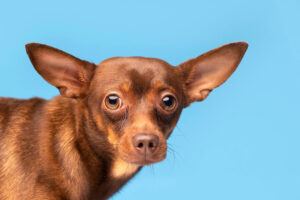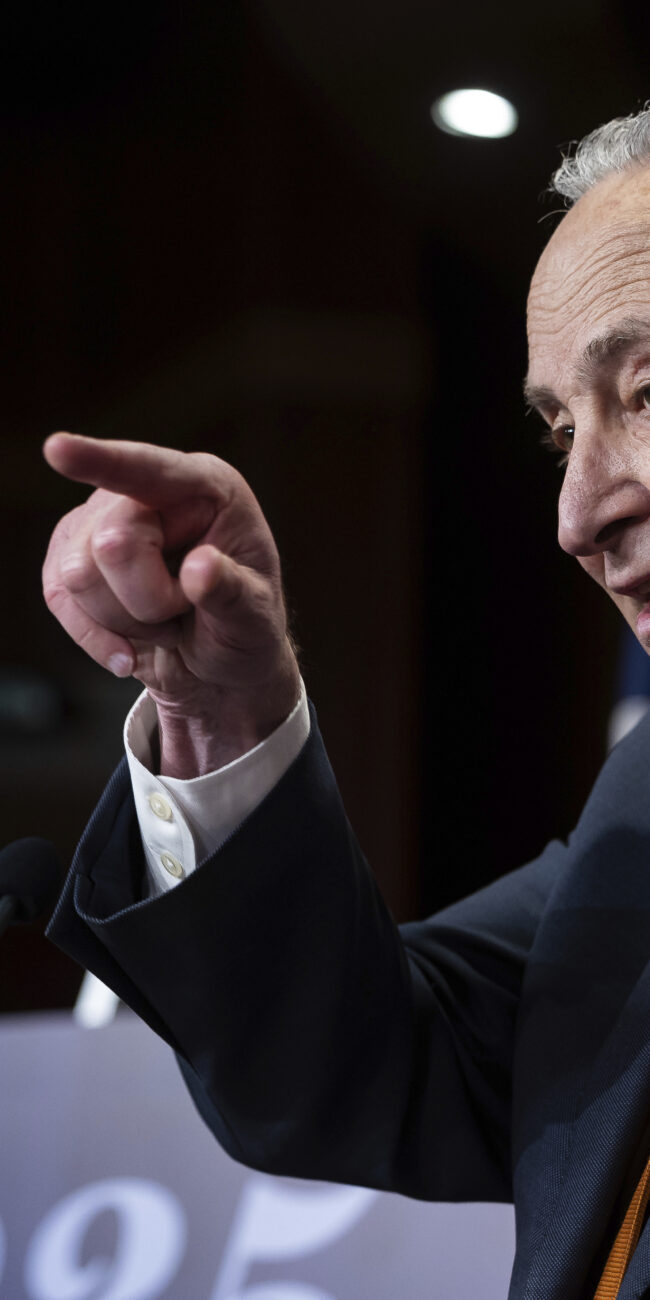
Your guide to pet safety this New Year’s Eve
AS New Year’s Eve approaches, Filipinos are preparing for their signature loud and vibrant celebrations, featuring dazzling fireworks, firecrackers (despite many being banned), and lively gatherings. While these festivities bring joy to many, they can cause significant distress for household pets like dogs and cats, whose heightened sensitivity to noise, light, and smells makes the celebration particularly overwhelming.
Studies show that humans can hear sounds up to 20 kilohertz, but dogs can hear sounds almost two to three times higher (up to 35-60 kilohertz depending on the breed). Cats are even more sensitive, detecting sounds up to three times higher (around 65 kilohertz).
This heightened sensitivity can trigger fireworks anxiety in pets, a condition where they experience stress or fear due to the loud, unpredictable noises, flashes, and even the smell of fireworks and firecrackers.
“Add all of those, and our pets tend to be very stressed during festivities, particularly during New Year,” Dr. Ross Antonio Banayo, a veterinarian and a technical manager for parasiticides at Boehringer Ingelheim said in an interview.
Mr. Banayo said that pets showing fireworks anxiety may exhibit a fight-or-flight reaction, either attempting to flee or becoming highly agitated. Other common stress behaviors may include hiding, panting, trembling, and seeking comfort.
Large crowds, typically present during Media Noche or New Year’s Eve dinner, could also exacerbate pets’ stress, especially for pets not accustomed to such gatherings.
Mr. Banayo told BusinessWorld that if fireworks anxiety is left unaddressed or unmanaged, it could lead to other physiological and behavioral problems, such as destructive chewing, where pets excessively chew on their owners’ belongings, the development of other anxieties like separation anxiety, and even an increase in parasites.
To help pets prepare for fireworks anxiety, Mr. Banayo suggests gradually conditioning them to the sounds of fireworks using audio recordings. Start with a low volume and slowly increase it.
Pets should have access to food and water before the festivities, as anxiety may cause them to refuse eating or drinking. A walk before the celebration can also help calm them down.
Owners can consult their family veterinarian for tailored advice on managing their pet’s anxiety prior to the celebration.
During the festivities, owners could create a safe space for their pets, such as a room, and soundproof it with fabric or sheets. Playing calming music or using a white noise machine can also help distract them from outdoor noise. Mr. Banayo stressed that during this time, owners should stay calm and present to reassure their pets that they are safe.
After the festivities, owners should check their pets. While fireworks anxiety usually subsides once the event is over, some pets may take longer to recover. If sudden behavioral changes persist, it is advisable to consult a veterinarian.
To help pet owners stay informed about responsible care, including how to protect pets from firework anxiety and other health issues like parasites, Mr. Banayo said that Boehringer Ingelheim has been hosting various pet-focused events. One of their recent initiatives was a webinar held last December, in collaboration with the country’s esteemed veterinarians. They discussed ways to protect pets from parasites and the potential effects if left untreated. Also, Boehringer Ingelheim continues to work closely with veterinarians to elevate their services through the company’s latest pet care innovations. — Edg Adrian A. Eva


